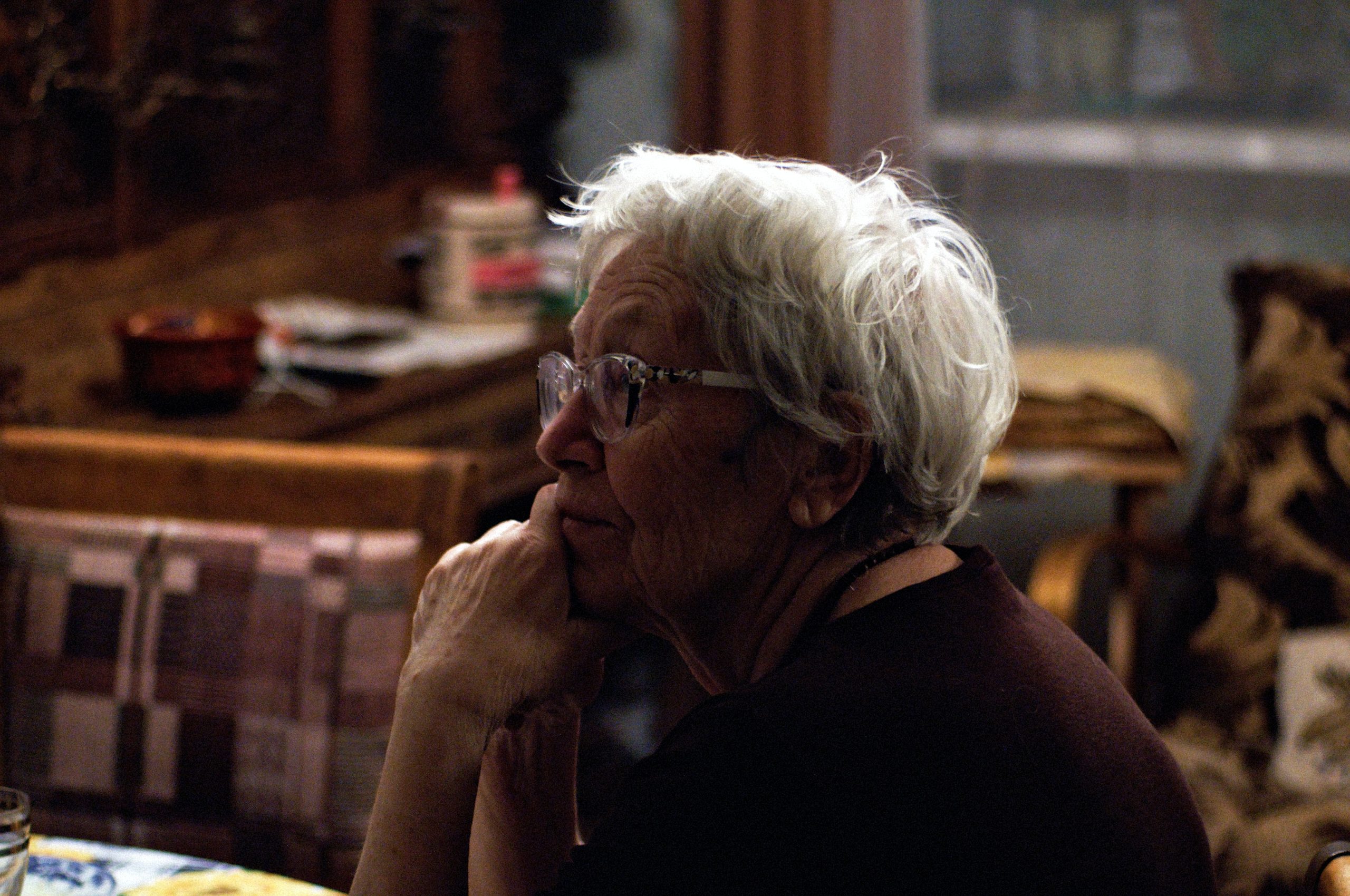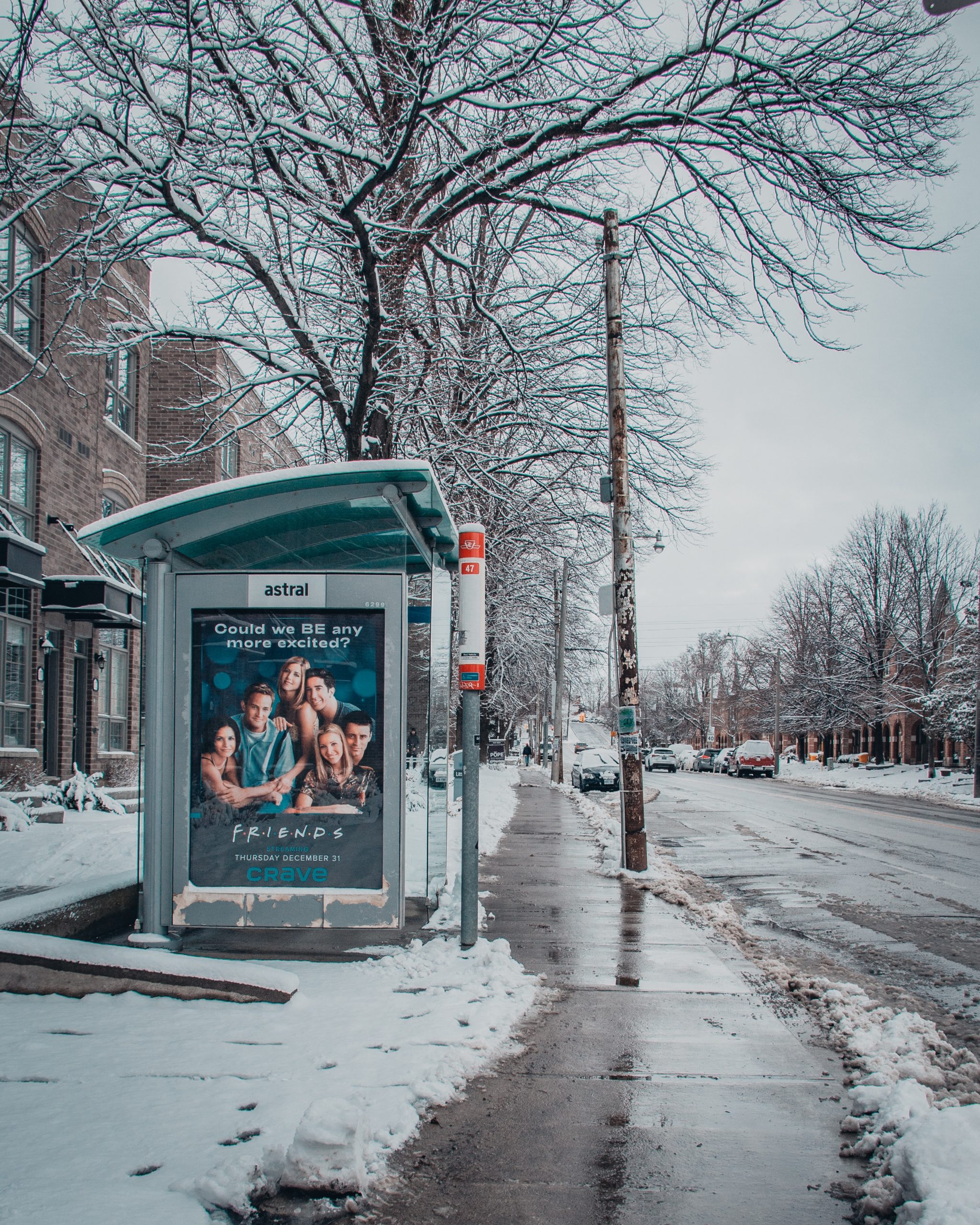
Getting Refunds to the Right Place
Mr. N lives in a condo development with 14 units. Because they use the smallest garbage bins, the 14 units were each to receive a refund for solid waste. However, Revenue Services credited the refund (about $2,600) for all 14 units to Unit #1’s account. Ongoing credits were set to go to Unit #1 as well.








